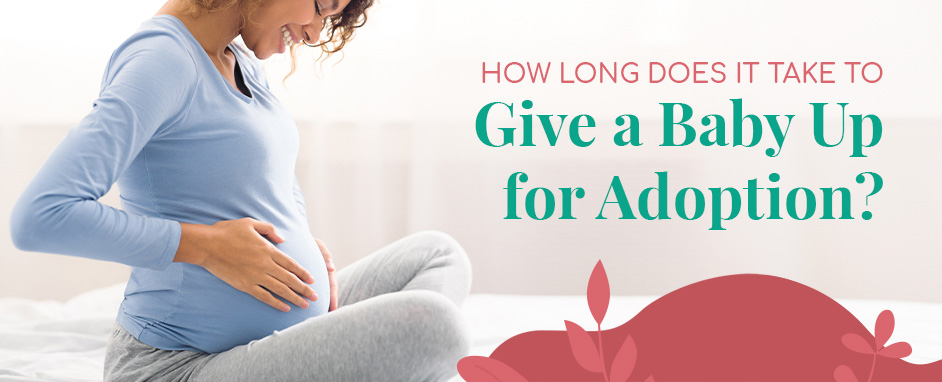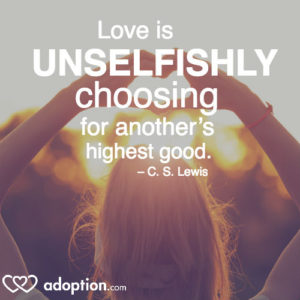July 21, 2013
5 Situations When Your Adopted Children Need Your Trust
It’s not always easy to trust every situation our children are in. There are so many temptations available to them – from the internet and social media, to peer pressure – none of which we as parents can completely control.
But as we discuss often in our newsletter and with adoptive parents through our Ask Abby series, adopted children are continually going through a process of acceptance. Each new stage of their life brings on a new level of understanding of their own adoption and what it means to have birth parents and adoptive parents, to be placed and chosen, and to live their life as a child influenced by adoption. So while you can still be worried about what they’re doing when they’re not at home, or what sorts of peer pressure may exist at school, there are a few situations in which your adopted children really need your trust and understanding.
1. When or if they try to start looking for their birth parents. In this day and age, especially with the access the internet provides, it is nearly inevitable that your child will be curious about their birth parents. This is not necessarily a rejection of you, but rather, it is an inquiry into an extremely important part of their lives that they know very little about. If you find out that they are searching for their birth parents, then they are clearly curious about something and have questions they want answered. You will give them so much by being there with them throughout this process, and providing them with a safe space for the questions they share. If their birth parents don’t want to be sought out that’s a whole other situation, but it’s better for them to know the truth than to be left wondering.
2. When they start to reject you. All children reject their parents at some point. It’s a fact of life, and on the whole, is based less in a desire to be cruel and more in a desire to seek out their own independence. They will come back to you, and probably sooner than you expect. We promise.
3. When they’re questioning their own sense of self. Again, this is something we all go through, but for adoptive children this has a particularly loaded impact. While you have parented them and helped them build their lives, their sense of self also requires an understanding of their own biology. We, perhaps, take advantage of our ability to know our own bloodlines and genetic heritage. Just because your children are curious about theirs doesn’t mean that they don’t respect or appreciate all you have done for them.
4. When they wish they weren’t adopted. This isn’t necessarily a staple phase of being an adoptee, but it’s possible. They could wish it for any number of reasons and they may only articulate it out of confusion or spite. Sometimes it may feel like the only card they have to play when the world seems larger and more confusing than they can handle. Give them your love. Give them your support. If you are the person they can always rely on, they will never regret that.
5. When they want to meet their birth parents. Again, this is not a rejection of you. They are not looking to leave you or disengage from the family unit you have created. They are seeking out a greater understanding of who they are and where they came from, and as they are also part of you, your support, guidance and love through this process will mean more to them than you could possibly know.


